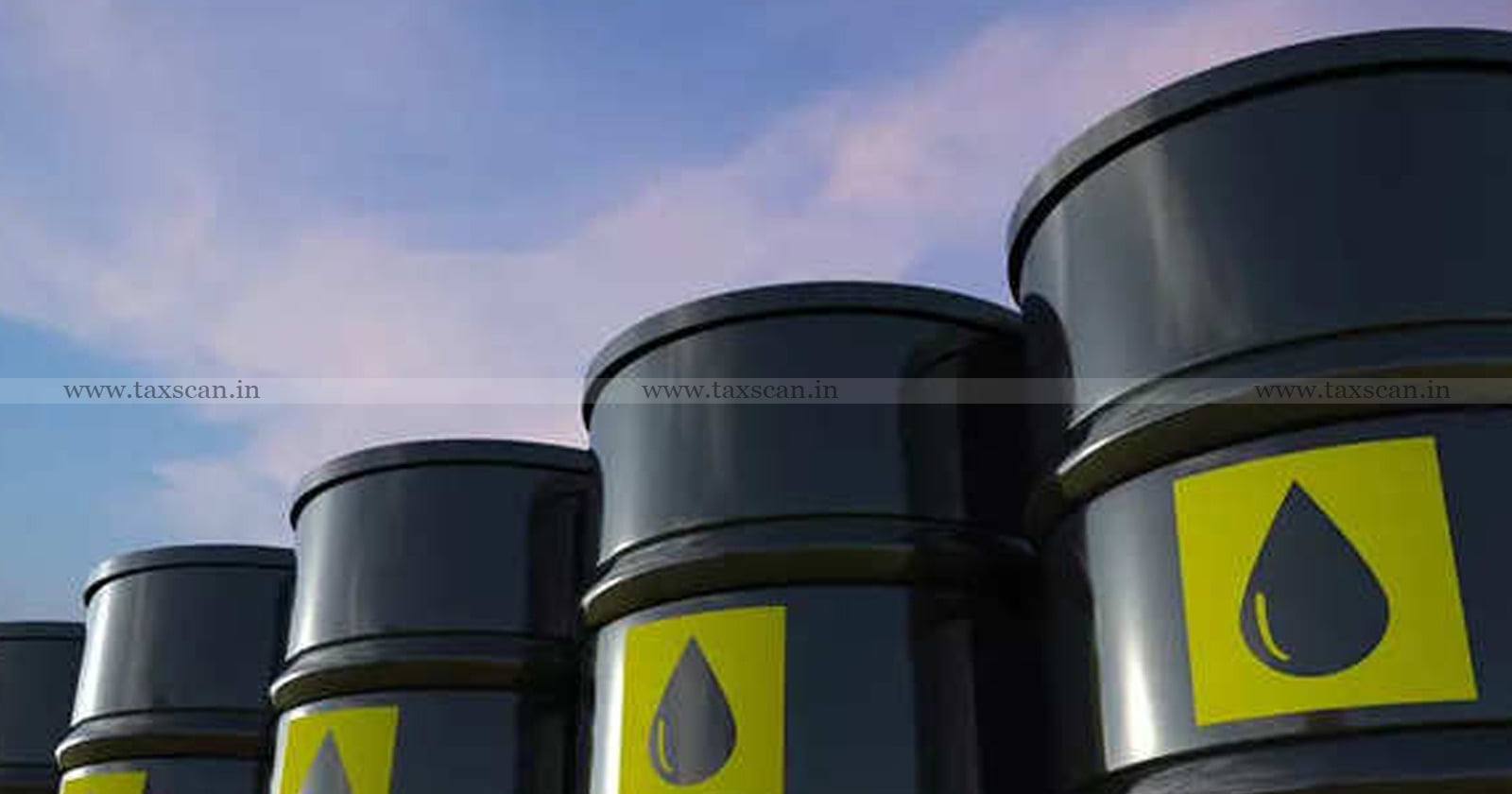Centre slashes Windfall Gains Tax on Crude Oil Production, Marginal Increase in Export Levy of Diesel

windfall gains – gains – windfall tax – tax – crude oil – export levy – diesel – centre – taxscan
windfall gains – gains – windfall tax – tax – crude oil – export levy – diesel – centre – taxscan
In a notification released late on March 20, the government announced a reduction in windfall gains tax on domestically produced crude petroleum from Rs 4,400 per tonne to Rs 3,500 per tonne, effective from March 21.
Concurrently, the export duty on diesel has been marginally increased from Rs 0.50 per litre to Rs 1 per litre. However, the export levy on petrol and Aviation Turbine Fuel (ATF) remains unchanged at nil.
The decrease in windfall tax comes amidst a significant slump in crude oil prices, with US benchmark Brent crude falling to $72 per barrel on March 16 due to the global banking crisis. The decline in crude prices was triggered by the failure of US-based Silicon Valley Bank (SVB) and Signature Bank, which led to the collapse of other major banks such as Silvergate Capital and Credit Suisse.
Earlier this month, the Indian government had raised the windfall tax on locally produced crude oil from Rs. 4350 per tonne to Rs. 4400 per tonne, but reduced the export duty on diesel to Rs. 0.5 per litre and eliminated it for ATF.
The windfall tax is imposed by governments when an industry earns unexpectedly large profits, typically due to an unprecedented event. India began imposing windfall profit taxes on energy companies in July 2022, when crude oil was priced at $113 per barrel.
Since then, windfall taxes on crude oil have fallen from Rs. 23,250 per tonne to Rs. 3,500 per tonne as of March 21, 2023, mirroring the price of Brent Crude Oil.
Oil companies in India such as ONGC and Oil India have previously requested that the government eliminate the windfall tax. However, government officials have suggested that the tax will be lifted if oil prices drop by $40 per barrel from the level at which it was introduced in July 2022 ($113 per barrel), which means that oil prices must remain in the $70-75 per barrel range for the tax to be abolished.
Support our journalism by subscribing to Taxscan premium. Follow us on Telegram for quick updates


